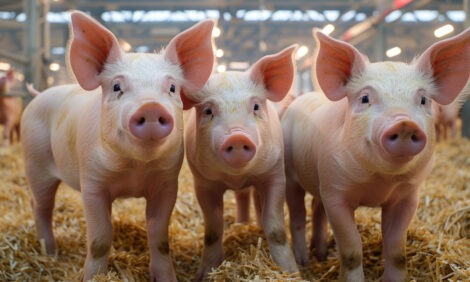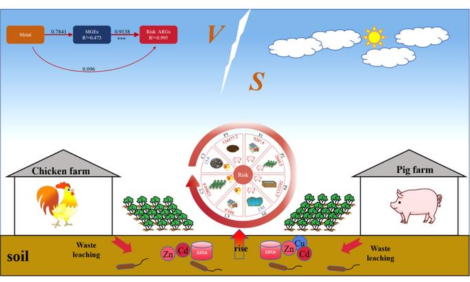



A Baseline Study for Microbial Hazards Associated with Hogs
By R. Friendship, C. Dewey, D. Ojkic, C. Gyles, and J. Odumeru, University of Guelph - This article is from the University of Guelph Swine Research Review 2005 report. The Ontario pork industry is strongly export-oriented and relies on an image of a high quality and safe product. A baseline study to determine the prevalence of food-borne pathogens and to determine risk factors is an important first step in developing a strategy for controlling these diseases.Objectives
To determine the presence, prevalence and levels of specific food-borne pathogens in Ontario hog farms.
Results

Take Home Message
Salmonella serovars and Yersinia enterocolitica sero/biotypes commonly associated with human illness were commonly isolated and need to be considered important from a public health perspective. Almost all the Campylobacter isolated were C. coli and not C. jejuni, the species most commonly associated with human illness. And E.coli O157:H7 was shown to be very rare in the Ontario pig population.
Source: Animal & Poultry Science University of Guelph - Reproduced September 2005








